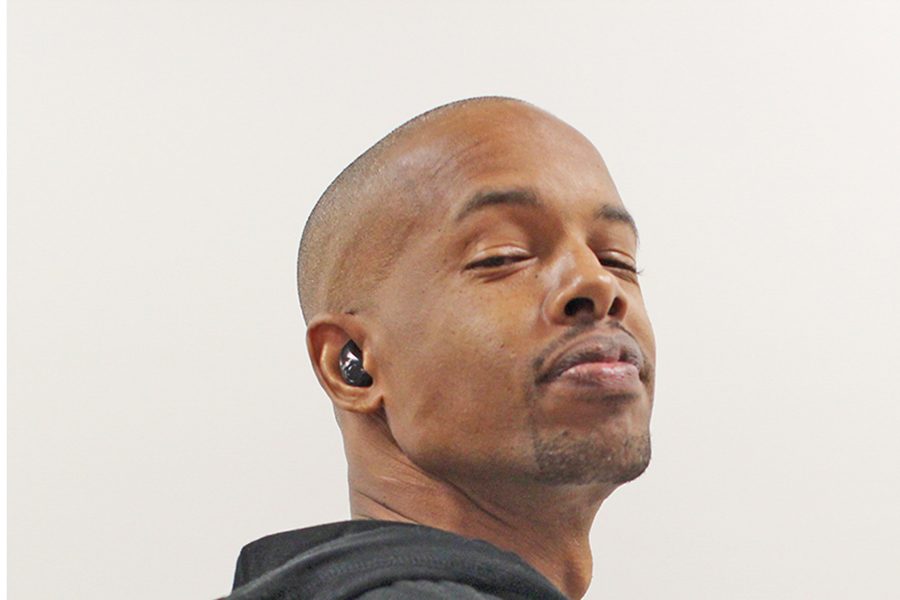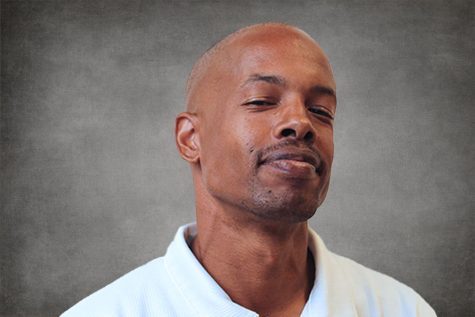Unpacking the myth of the ‘good cop’
Sep 28, 2016
For as long as police misconduct has been reported, whether prosecuted or not, the same narrative gets repeated — there are just a few bad cops ruining the reputation of the many who put their lives on the line to keep us safe.
To be perfectly clear, there is no shortage of bad cops in America.
Although some find themselves forced into the role of villain by use of intimidation and retaliatory tactics by fellow officers, this does not excuse them from being added to the list of outlaws.
Much of America’s policing problem stems from “good cops” turning a blind eye while other police operate unchecked, acting as judge, jury and, occasionally, executioner.
Even if many join the police force to uphold the law and protect citizens, once behind the blue shield, expectations change and an unwritten code of conduct takes precedence and fuels an infectious atmosphere that remains prevalent in precincts across the country.
The “blue shield” or “blue wall of silence” is a traditional agreement among officers not to confess a fellow officer’s errors, crimes or misconduct no matter how egregious the offense may be.
The code crosses racial lines and religious boundaries that police use to compartmentalize average Americans.
It is essentially the workplace equivalent of what happens in Vegas stays in Vegas and when colleagues break this unofficial omerta (code of silence), retaliation can be swift and harsh.
There are organizations like the National Association Against Police Brutality that work to combat abuse in police work and to protect police whistleblowers.
Until groups like these are teeming with police looking to expose and transform the broken system, all of them will be tainted by helping to maintain the shroud of secrecy.
The intimidation tactics can range from the benign, like the rat placed on the windshield of a whistleblowing former Baltimore police detective, to the severe.
Officers from departments across the country are routinely placed on indefinite suspension, lose security clearance or rank before harassment eventually leads some to resign.
In many cases, whistleblowers get little to no response from fellow officers when calling for backup after reporting conduct by officers that fall short of the commitment to “protect and serve.”
Cops who have been victims of internal blackballing point to this as the reason more police don’t speak up about wrong doings.
The threat of retribution is no cause to remain silent; to the contrary, it enables a system of lawlessness and by default exposes many officers as complicit in unjust policing.
Police are hailed as heroes, presented publicly as if they all ran into collapsing buildings on 911.
In recent memory, there has been no case of a principled officer exposing internal misconduct without retaliation being as much a part of the story as the initial corruption.
Constructing the image of a police officer as a paragon of virtue is false and as each case of cop-on-cop crime is exposed, trust in law enforcement dwindles — if any remains at all.
When are “good cops” going to make public statements to denounce police misconduct? The public is tired of waiting.



